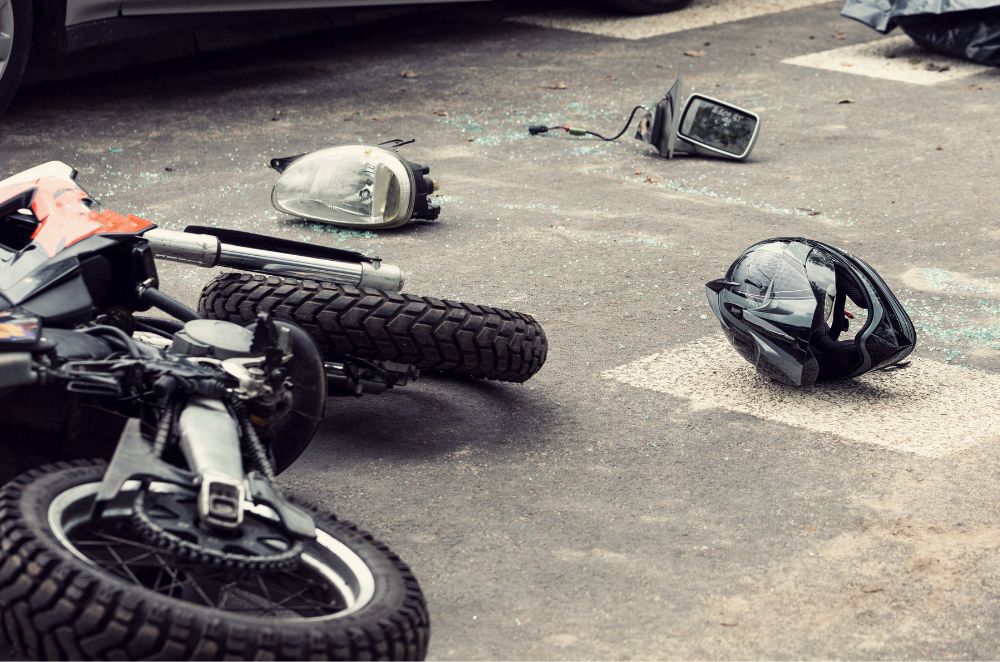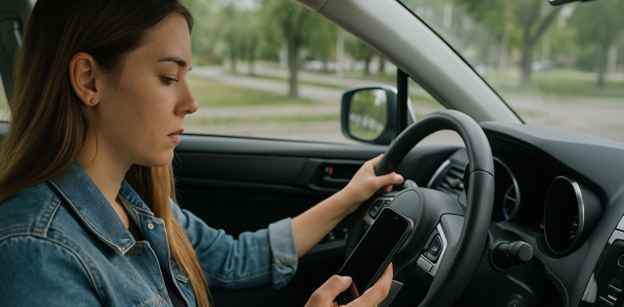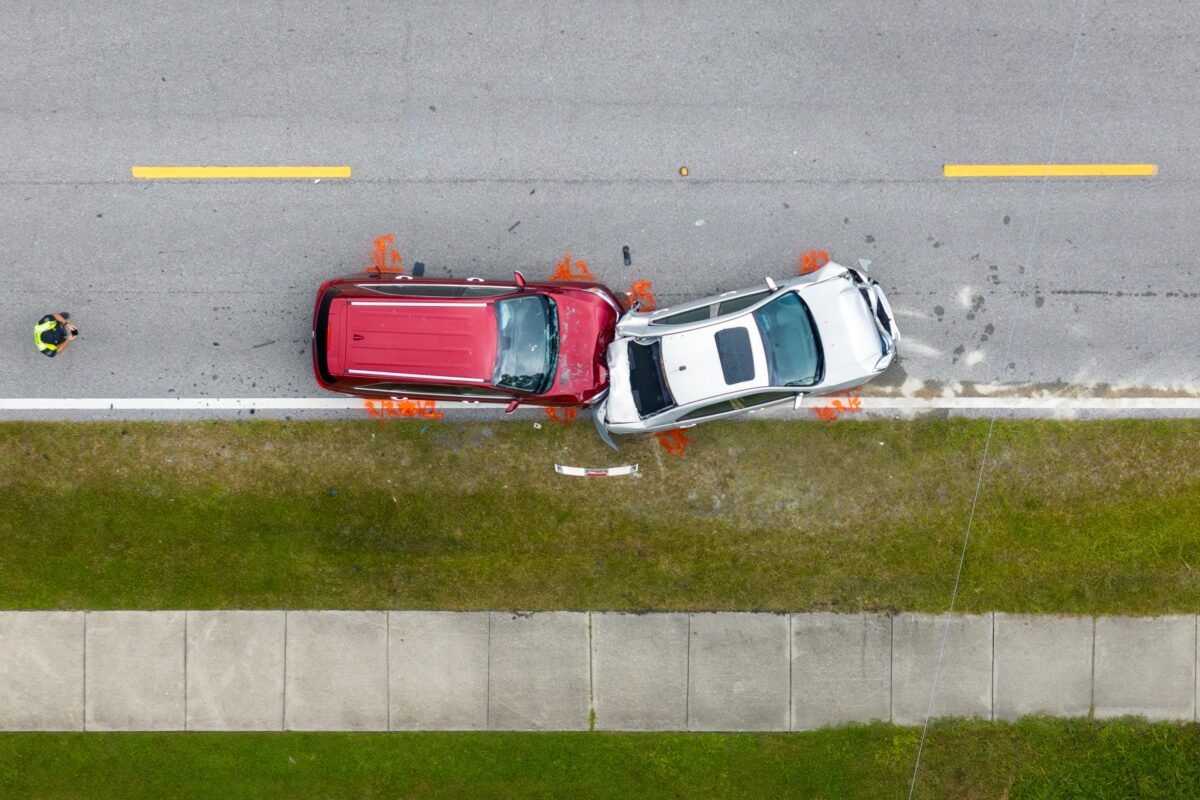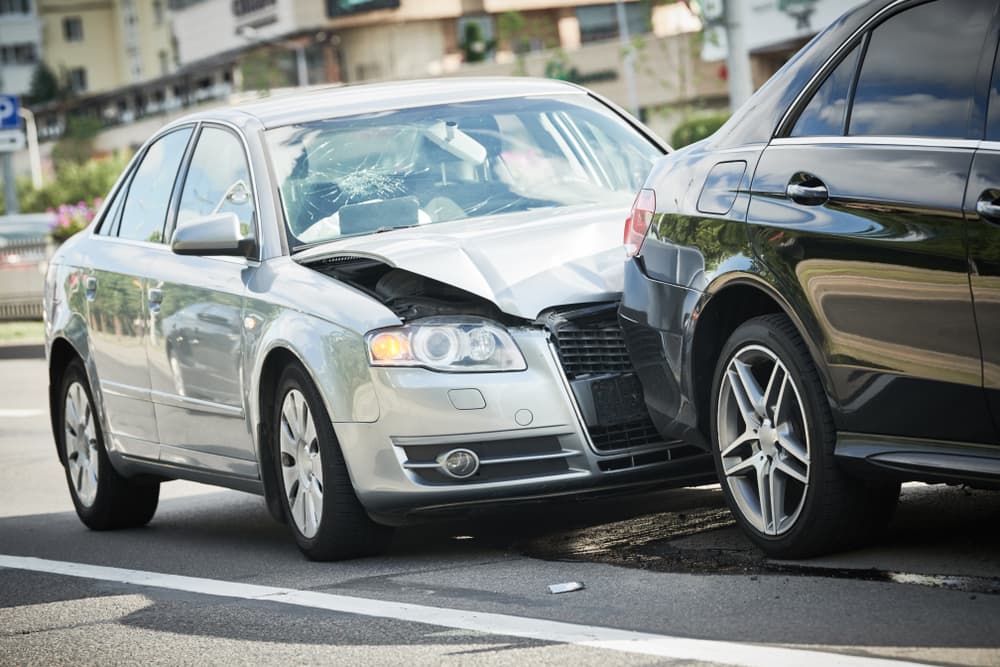
Witnessing a motorcycle accident can be an emotionally traumatizing experience, but it’s also when we’ve seen many Good Samaritans step in, even if it was just to place a call to 911. The Insurance Information Institute (III) reported that motorcycle accidents resulted in 5,579 fatalities and over 83,000 injuries nationwide in 2020. That also means thousands of witnesses who may have wondered how or if they should help.
If you witness a motorcycle accident, it is crucial to keep calm and know what to do, as your actions can save lives. Familiarize yourself with the steps to take if you witness a motorcycle crash and what to expect after the accident.
What To Do Immediately After Witnessing the Accident
If you witness a motorcycle accident, your first step is to stop in a safe location and call 911. If you are in a vehicle when you first see the accident, park it at least 100 feet away from moving traffic and turn your hazard lights on. This reduces your risk of being struck by another vehicle while pulled over or crashing while attempting to place the call.
Don’t assume that someone else has already called 911—everyone else may have made that same assumption, or you might be the first witness on the scene. Placing a call may save the motorcyclist’s life.
What Information Should I Give When Calling 911?
While on the phone with emergency services, it’s crucial to give as much information as possible to the 911 operator. Provide the following details as clearly and concisely as you can:
- Who you are (provide your full name)
- Your role in the incident; In this instance, state that you are a witness and you wish to report an accident
- Where the accident took place (addresses or street names, especially at intersections; on highways, provide the mile marker and direction of travel)
- The number of vehicles involved and the extent of the damage
- How many people are injured
Check on the Injured Motorcyclist
After calling 911, approach the scene cautiously—by exiting your vehicle, you may be at risk of being struck by another vehicle that doesn’t see you or the crash scene.
If the motorcycle rider can get up and move on their own, advise them to move away from the road and oncoming traffic.
If the motorcyclist is unconscious or cannot move for any other reason—such as being pinned under their motorcycle—check their surroundings. Do not attempt to move them unless they are in immediate danger; for example, if they are lying in the middle of a traffic lane and at risk of being run over.
Do not remove an injured motorcyclist’s helmet, regardless of how uncomfortable they are. Removing the helmet can cause further harm and aggravate pre-existing injuries such as neck or spinal cord damage.
Gather Evidence
Sometimes an injured person cannot collect evidence and information regarding the accident for themselves. For example, their phone may have been damaged in the accident, or they may have lost consciousness before first responders arrived. If this occurs, you may decide to remain on the scene to gather details on their behalf.
Collecting evidence regarding the accident can help the injured party file a claim with insurance and aid the police in making an accurate accident report. South Carolina drivers must report injury accidents by law, so your information can ensure all details are recorded and help authorities hold the negligent driver responsible for their actions.
Consider gathering evidence such as:
- Names and contact information of all involved parties, including other witnesses
- Notes on the weather conditions at the time of the accident
- Photos of the crash scene and the damaged vehicles
- Any dashcam footage of the collision itself, if it was captured
Provide a Witness Statement
Once police and emergency services arrive on the scene, provide the law enforcement officers with a witness statement as soon as possible. Give details while your memories of the incident are still clear.
If the responding law enforcement officers do not question you at the scene, record a witness statement in writing or on video, then submit it as soon as possible to your local police station. A witness statement should contain the following:
- Your full name, address, occupation, and contact details
- A description of the events as you have witnessed them; this can include any observations that may suggest negligence on the part of one of the people involved, such as speeding, driving aggressively, or driving in such a way that may suggest they were under the influence of drugs or alcohol
- Any relevant photos or videos
- If the statement is in writing, the date and your signature
Get the Representation You Need; Just Call Joye
If you or a loved one has been injured in a motorcycle accident, call the Myrtle Beach motorcycle crash injury lawyers with Joye Law Firm. We are a top-rated team of personal injury and motorcycle accident attorneys with over 50 years of experience serving South Carolinians.
Our trusted team of lawyers is here to help your loved one recover maximum compensation for their damages. Contact us now for a free initial consultation.


































